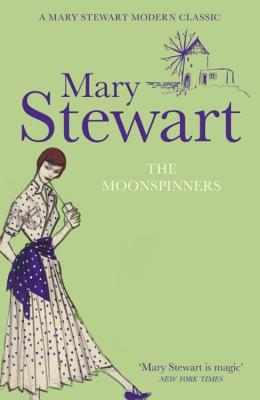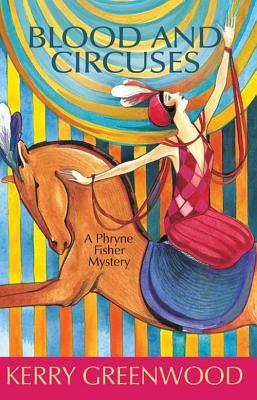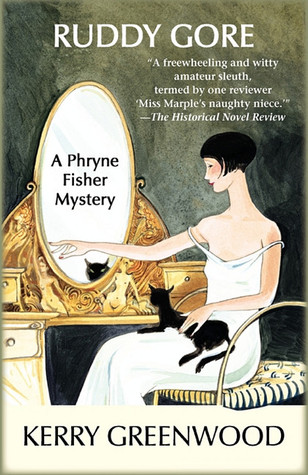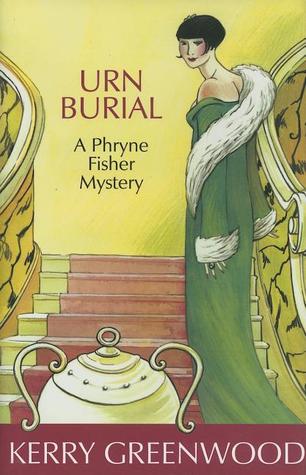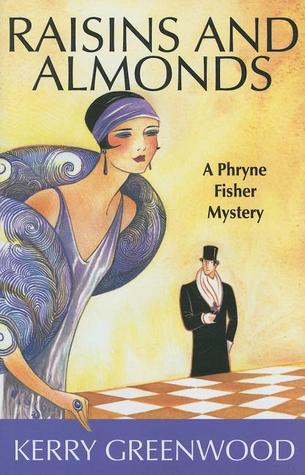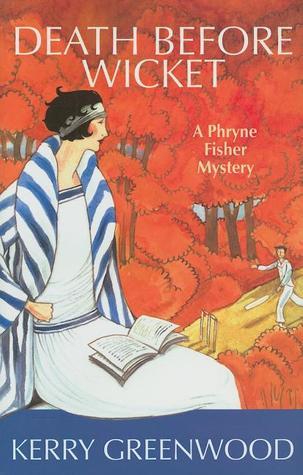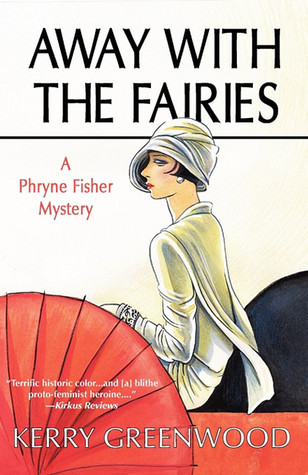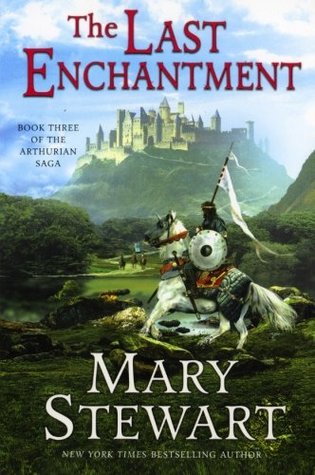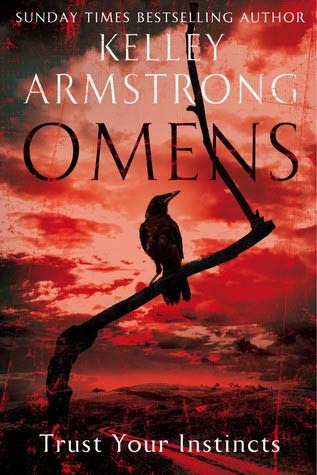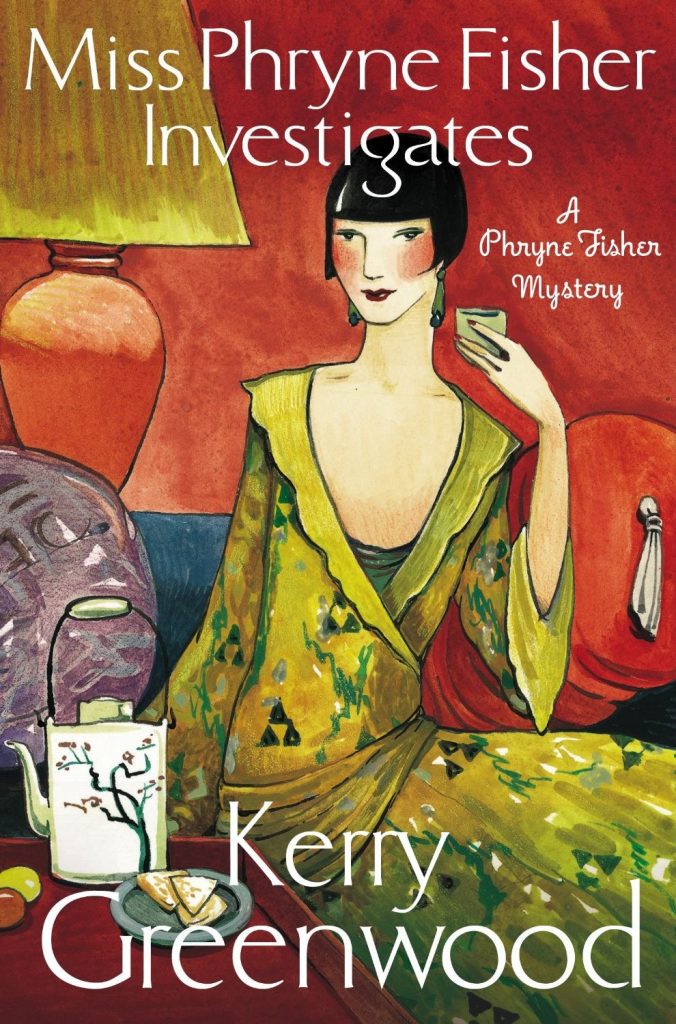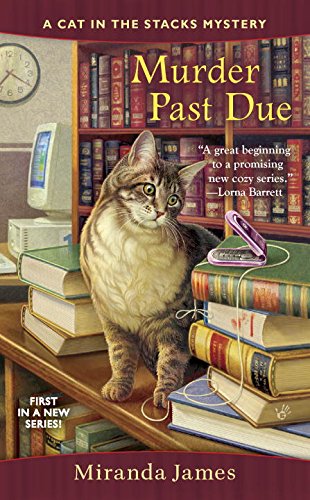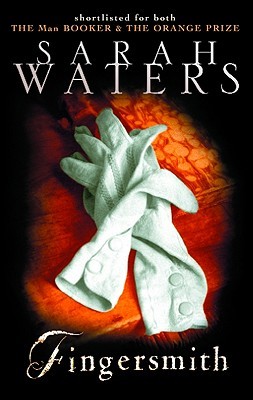 Fingersmith, Sarah Waters
Fingersmith, Sarah Waters
Originally reviewed 1st July, 2009
It’s hard to see this book as primarily a work of historical fiction when everybody considers Sarah Waters to be a lesbian writer. Have to confess, I have a tendency to turn my nose up at books that are toted as “modern feminist writing” or whatever, which is bad of me. Never judge a book by its cover, etc. But I remembered reading a few passages from it in a seminar, early in the spring semester, and wanting to see how it fit into a longer novel. Also, Sarah Waters is Welsh, which helps.
I don’t think it’s the best book that was ever written. I can’t speak for the quality of the research, but the settings are quite well described and vivid, and the language is lively enough to make my synaesthesia spark. It “tasted nice”, as I say, but at the same time, it wasn’t the best overall taste ever. There are some gorgeous passages and there are indifferent sections — I couldn’t put my finger on why, but that was my impression. It just “tasted” blander. I always wonder if maybe those points are when the writer lost focus or got bored for a moment.
The plot is twisty and turny. I actually read spoilers in advance, which was silly, because I didn’t really get the full benefit of the surprises or any moments where everything clicked into place. I think that feeling might have been nice, with this book — but at the same time I wonder if it was probably led up to… I suppose Susan does constantly drop hints that Maud is not what she seems, in the end. Sometimes I did feel that big surprises were thrown into the readers’ faces just for the shock value. I don’t really mind that so much when I’m reading, but for a book that is relatively slow paced and detailed, it seems… somehow inappropriate. Then, at the same time, how else would one keep it interesting? It felt like breaking character, though… reading actual Victorian books, like Charles Dickens, the writing is as slow — slower! — but it still keeps me interested, and even the plot twists don’t seem quite so sharp.
The format, with the Susan POV followed by the Maud POV recounting the same events, was irritating. It was nice to get both sides of the story, on the one hand, but the intricacies of the Gentleman’s plot could have come out without it, and Maud’s POV didn’t bring anything really new to it. The transition wasn’t bad — at least it didn’t say in block capitals, “You are too stupid to understand this, but there is a POV change here”! But it wasn’t great, either, it wasn’t entirely necessary, and the book could have been tighter and neater without it.
Character-wise… I don’t know. I guess nobody struck me that sharply. I ended up being in it more to see exactly how the plot unfolded, rather than for the characters, which is unusual for me. I thought some of the interactions between Maud and Sue were good, and liked the ending; I had a strange fondness for Dainty throughout. But I didn’t get wildly caught up in it as I would if I really, really cared about the characters.
Rating: 3/5
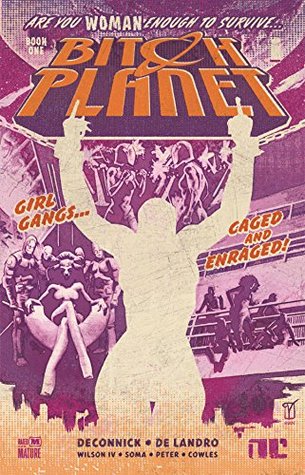 Bitch Planet: Extraordinary Machine, Kelly Sue DeConnick, Valentine DeLandro
Bitch Planet: Extraordinary Machine, Kelly Sue DeConnick, Valentine DeLandro
